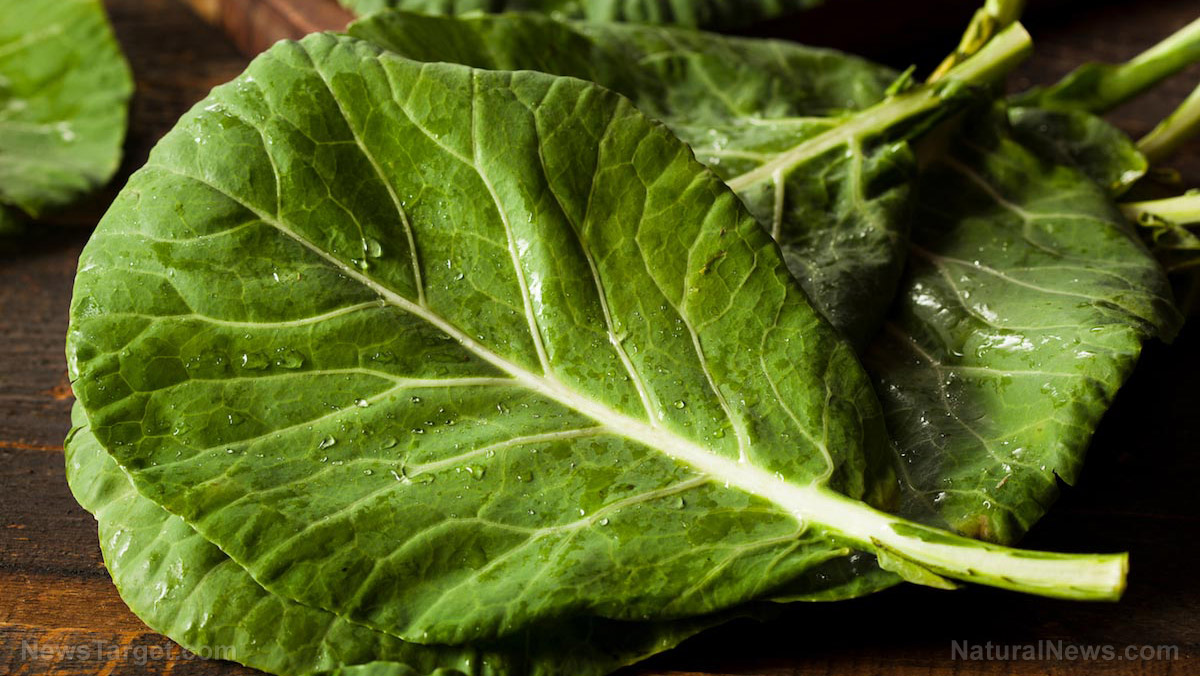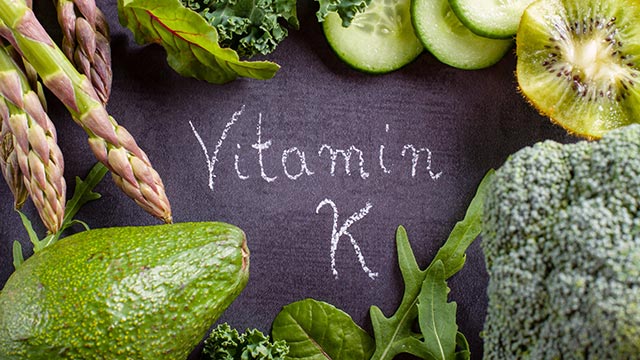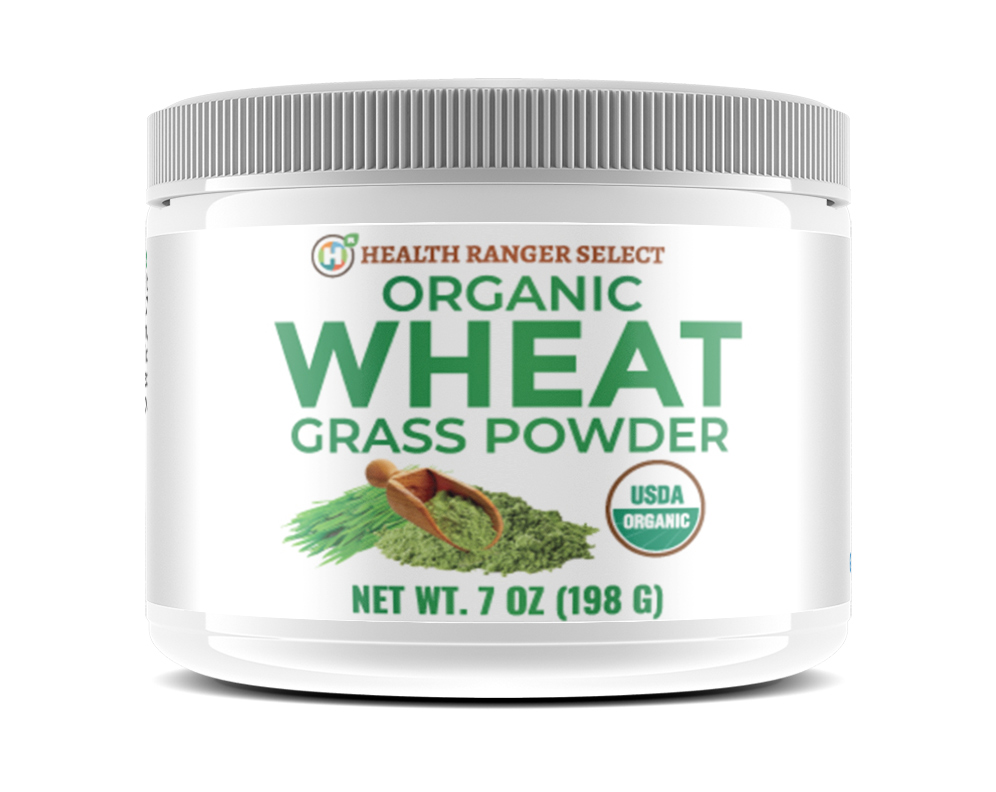10 Superfoods you probably aren’t consuming (but should be)
03/12/2019 / By D. Samuelson

Superfoods are nutrient-dense foods with high levels of “antioxidants, polyphenols, vitamins and minerals.” Many individuals who are health oriented are quite familiar with well known superfoods like green tea, chorella and other algae, or blueberries. But there are other lesser known superfoods, which you probably aren’t consuming, that could be beneficial. Here are ten, courtesy of Prevent Disease.
Rhubarb
This vegetable is related to buckwheat and sorrel and its stalks are used in jams, pies, cakes, and muffins. Lindleyin is a photochemical that may help with hot flashes. Foods for Breast Cancer says certain polyphenols in rhubarb “exert immunosuppressive, antileukemic, and antitumorigenic activities.” Rhubarb has vitamin C, fiber and potassium. Use stalks only, as rhubarb leaves are poisonous. It’s not recommended for pregnant women, children, or those with breast cancer.
Pumpkin Seeds
One quarter cup of pumpkin seeds provides phosphorus, iron, zinc, magnesium and “a healthy dose of omega-3 and omega-6 fatty acids.” Pumpkin seeds also provide phytosterols, which are know to help reduce cholesterol, as well as assist with prostrate health.
Goji Berries
These delicious Himalayan berries provide more vitamin C than “some oranges and more beta-carotene that carrots.” Because these berries are a relatively new superfood, there aren’t many studies available, although goji berries are being used as a nutritional supplement for health conditions ranging from malaria and diabetes to hypertension and fevers.
Cinnamon
When compared to 26 spices, including garlic and oregano, cinnamon has the most antioxidants. It also is a potent anti-inflammatory agent. Cinnamon has been used to reduce blood sugar and it can “increase sensitivity to the hormone insulin.” This spice has shown efficacy in fighting bacterial and fungal infections.
Quinoa
This high protein grain has more phosphorus, iron, zinc, magnesium, calcium, copper, manganese, and potassium than corn, barley, or wheat. Because quinoa also contains the complete set of eight amino acids, “it is considered a complete protein,” serving up 22 grams per cooked cup. It’s a great rice replacement and it is gluten-free.
Psyllium
Psyllium, says Healthline originates “from the husks of the Plantago ovate plant’s seeds.” While primarily thought of as a laxative, psyllium has also been shown to be beneficial in maintaining proper cholesterol levels. With it’s high fiber content, it may help lower the risk of heart disease. Compared with oat bran, psyllium has “eight times more soluble fiber.” It may also help regulate sugar levels for diabetics. Drink lots of water and incorporate it slowly. Eating too much too high fiber too fast could cause bloating or abdominal pain.
Shallots
Shallots, like garlic or onions, have strong anti-cancer properties and immune-enhancing effects. Shallots have a slightly sweeter taste than onions and, because of the phenol antioxidants and flavonoids, shallots provide anti–inflammatory benefits. Shallots also contain fructo-oligosaccharides which are considered a prebiotic that paves the way for good bacteria growth in our digestive tract.
Milk Thistle
Milk thistle is known for helping protect one’s liver which may be due to silymarin, a chemical in milk thistle with anti-inflammatory and anti-oxidant properties. Studies have reported that milk thistle may help the liver repair itself by growing new cells. There is also evidence to suggest that milk thistle may also have anti-cancer effects.
Turmeric
This is a well known spice, used in the Ayurveda traditions for thousands of years. Curcumin is the active ingredient. According to Dr Weil, curcumin can help alleviate joint pain and swelling due to rheumatoid arthritis. Studies indicate that curcumin may be effective in treating or preventing certain cancers, “including prostate, breast, skin, and colon cancer.” The bioavailability of curcumin is better enhanced when taken with black pepper. It is also recommended not to ingest turmeric if one is struggling with bile duct dysfunction or gallstones.
Borage Oil
The flowering borage plant has seeds that produce oil with a very high gamma-linolenic acid content. This omega-6 fatty acid is anti-inflammatory and it has been proven to “reduce inflammation of the lung in critically ill, hospitalized patients in respiratory distress.” Borage oil should not be taken by pregnant women or nursing mothers, as too much oil could result in liver toxicity.
The choice to add new foods or nutritional supplements to one’s diet should be made with input from your physician, health practitioner, or nutritionist.
Sources include:
Tagged Under: borage oil, cinnamon, goji berries, Milk Thistle, prevention, psyllium, pumpkin seeds, Quinoa, rhubarb, shallots, Tumeric




















